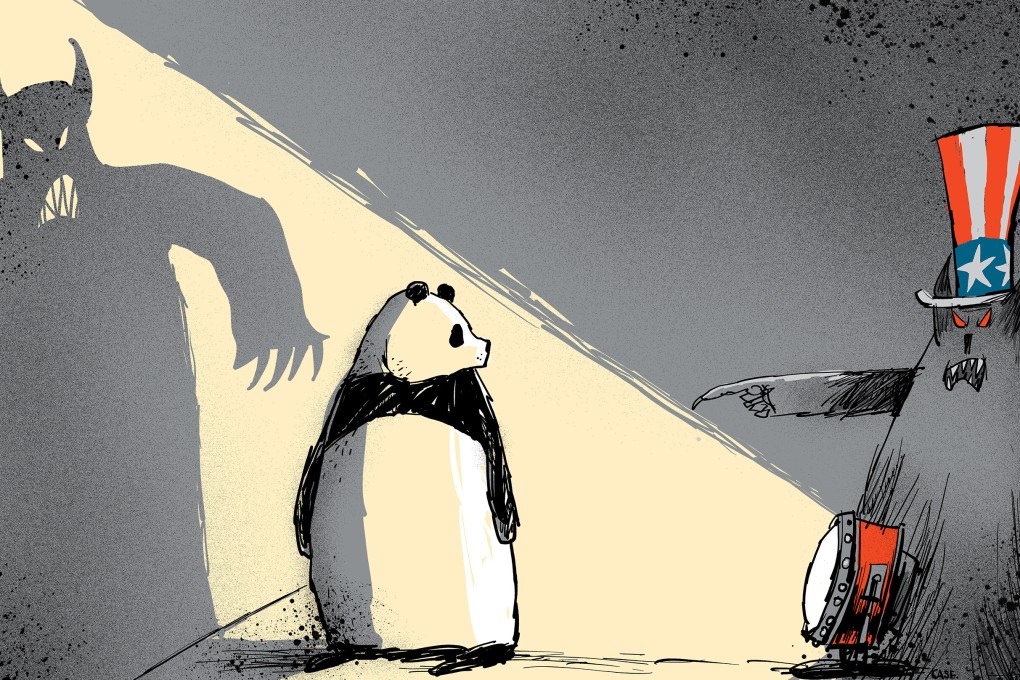Opinion | In US legislation targeting China, Washington is wrestling with a shadow enemy
- The US Congress is now on the front line of formulating China containment policies, but its efforts are misguided
- The recent Innovation and Competition Act of 2021 is typical in containing policy suggestions that are based on wrong or outdated information about China

More legislative documents concerning China have passed through Capitol Hill offices in recent months than ever before, mostly suggesting countering or restrictive policies on China and the Chinese people.
Capitol Hill is now on the front line of formulating US containment strategy against China. But its credibility is in serious doubt, as its policy suggestions in the act are drawn from conclusions based on misinformation and personal imagination.
There is nothing wrong with the act’s purpose, which is to stimulate American rejuvenation, as any country may choose to motivate itself through external competition. However, it’s irresponsible or even dangerous to make China an imaginary enemy, even a science and technology bogeyman, which will only rouse antagonism between the two peoples.

Here are some of the flaws in the act. Sections 3002 and 3401 claim that China lacks intellectual property (IP) protection. Yet China has made rapid improvement over the past decade in IP protection for the sake of innovation.
